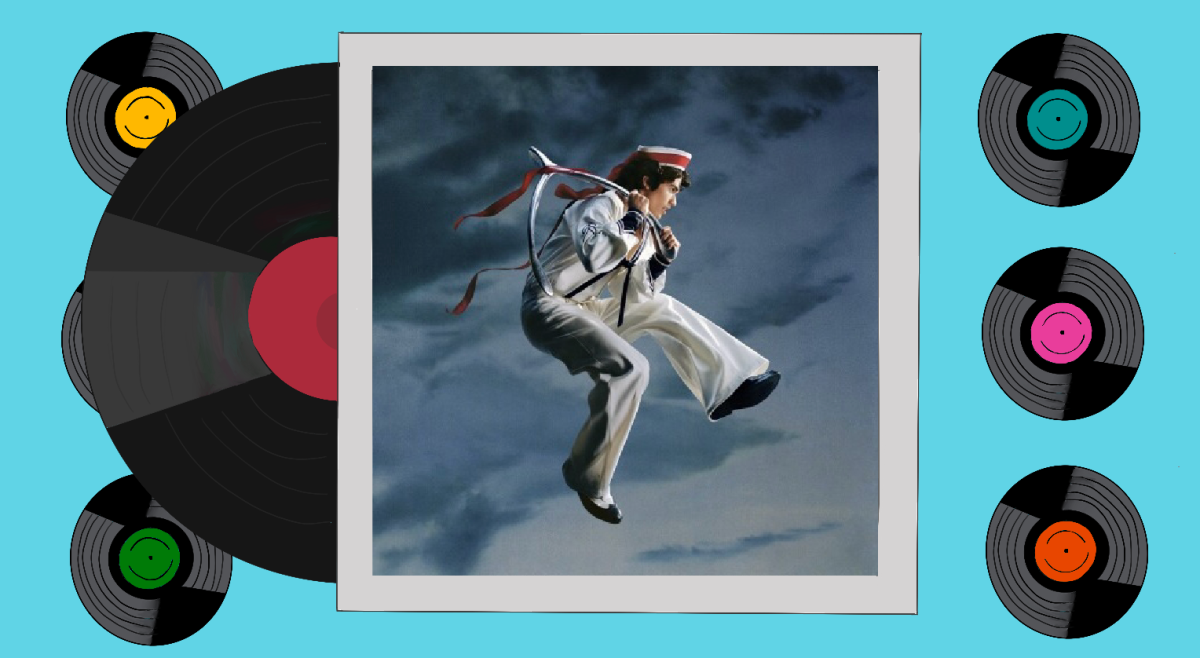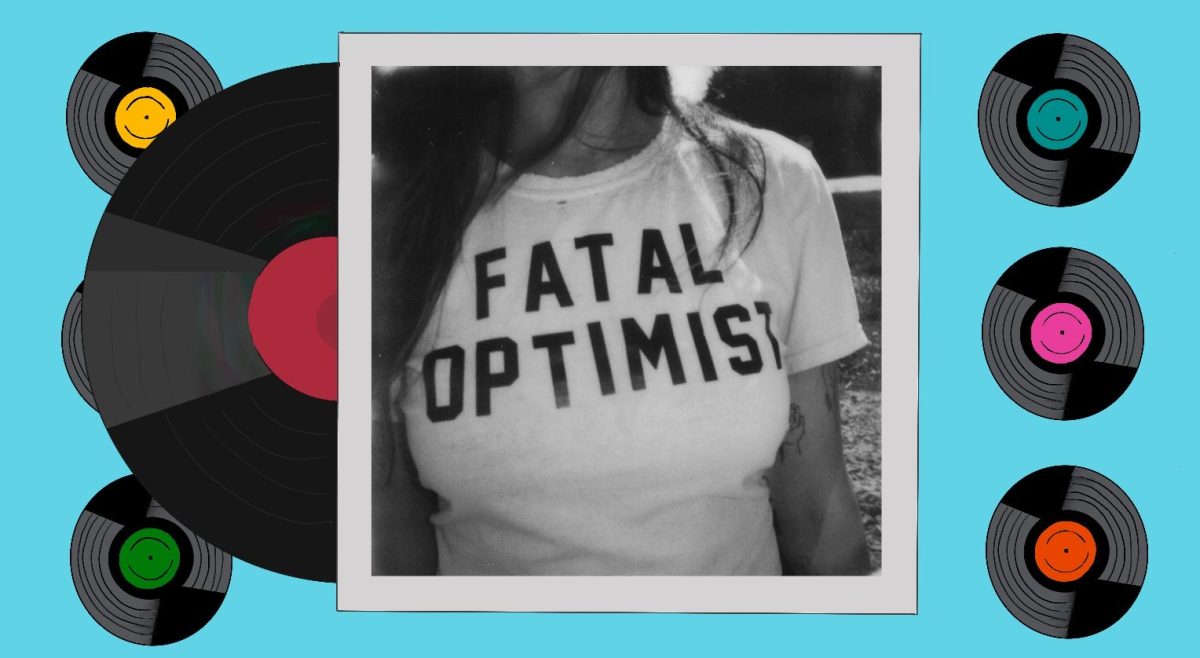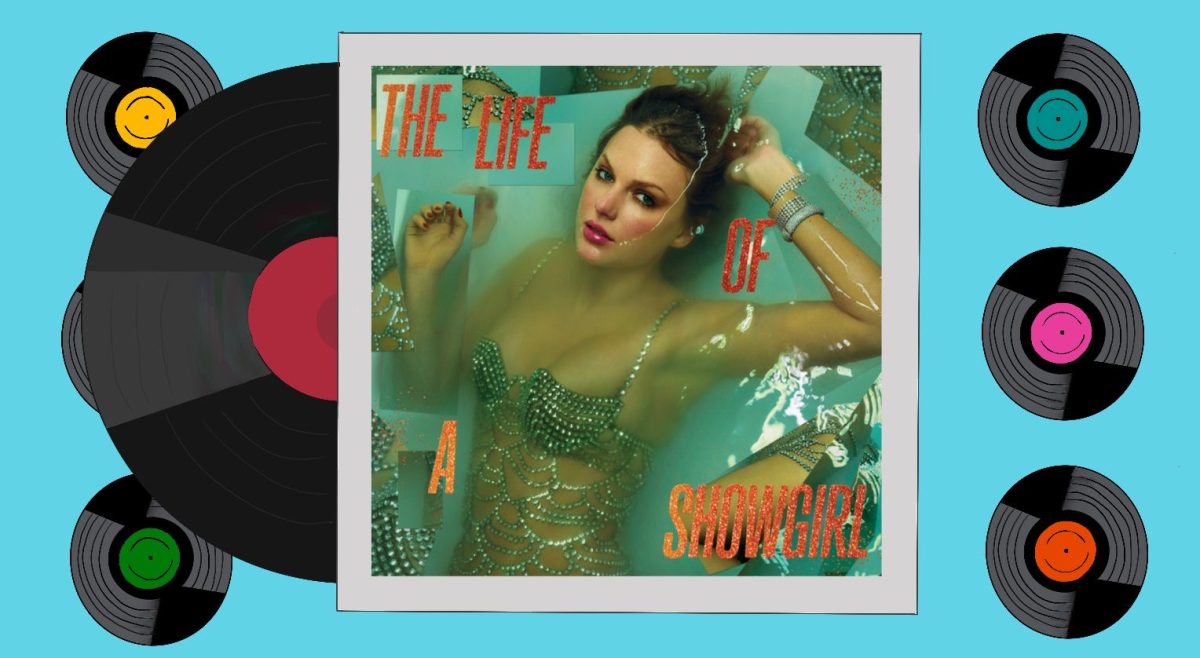★★★★★
Conan Gray has established himself as one of pop music’s most heartbreaking voices, and on his fourth album, Wishbone, he continues to tell his story—not only displaying his growth as a lyricist and vocalist, but also as a person.
Gray’s third album, Found Heaven, was an attempt to diversify his music catalog—it featured heavily produced tracks inspired by ’80s pop music. He succeeded in creating a unique sound that meshed well with his vocals, but ultimately, it fell short lyrically. Gray must have been saving his best writing for Wishbone, because the lyricism runs deeper than it did on any of his prior albums.
The sound on Wishbone is also a return to form for Gray, as he expands on the rhythms and ranges of his earlier albums. Fans can expect more emotional scores and catchy pop tunes.
The album introduces its first track, “Actor,” with a light guitar rhythm and a catchy, though admittedly devastating, chorus. Gray also proves he’s the master of musical bridges in this song, describing in belting vocals how he had to act like a relationship never happened.
Wishbone then gives listeners thematic whiplash, with the following track, “This Song,” changing the mood completely—it features surprisingly positive lyrics and a generally hopeful message. In his four albums, Gray rarely gives listeners an insight into the happier moments in his life.
“You know that I love you,” Gray sings. “Is it dumb believing you might love me, too?”
“Vodka Cranberry” is undoubtedly the album’s strongest song. Gray nails the lyrics, the production, and even the desperation in his vocals as he begs a lover not to fall out of love. He juggles his lower and upper range vocals perfectly, making the song sound unlike anything he’s done before.
For a stretch of the album, Gray leans into an alternative rock sound that he’s touched on in his first two albums. He’s done well experimenting with this genre in the past—on tracks like “Jigsaw” or “Fight or Flight”—and when he expresses this versatility on Wishbone, he knocks it out of the park.
On “Caramel,” Gray fully leans into a rock sound. The production embraces drums and headbanging beats in the final part of Gray’s trilogy about a tumultuous love-hate relationship, as he continues the narrative from “This Song” and “Vodka Cranberry.” The lyrics are enough to give listeners an idea of the story that Gray is telling, but he also chronicles the tale on YouTube with three well-acted and visually creative videos.
“Nauseous” offers a more alternative rock take. Much of the song sounds careful and light, but the chorus sprinkles in chaotic instrumentals that fill listeners’ ears—Gray’s soft vocals turn heavy and wild. The effect imparted is truly one of nausea, and Gray incorporates the listeners viscerally into the music.
“Your love is a threat and I’m nauseous,” Gray belts during the chorus. “Scares me to death how I want it / Not common sense, but I’m haunted / By people who’ve left, so you scare me to death.”
“Connell” feels like the most emotional song that Wishbone has to offer. Throughout the track, Gray expresses shame about his family history, as well as his own actions, while lamenting over a lost love. The end of the song is what really feels gut-wrenching, though—without ever saying it earlier in the song, Gray repeats the titular character’s name, Connell, four times in a voice full of emotional pain and genuine sorrow.
The mood is uplifted with “Sunset Tower,” a more upbeat track where Gray describes an ex who moved on before he had the chance to. The song has an A-chorus and a B-chorus, which play simultaneously, working well together both lyrically and sonically.
Wishbone’s 11th track, fittingly titled “Eleven Eleven” is the album’s penultimate song and begins to close the album. It’s nothing short of a classic Conan Gray song—he sings about his recurring wish at 11:11 p.m. in a song with heartfelt, relatable lyrics and soft vocals.
“As much as I act like I want to forget it / I still wish for you at 11:11,” Gray sings. With Wishbone, Gray shows listeners he’s matured as an artist and has hit his stride. He is able to go out of his comfort zone on tracks like “Caramel,” but he also gives long-time fans more familiar tracks like “Connell.” Gray is breathtakingly honest when sharing his stories with the world, and listeners continue to appreciate it.








